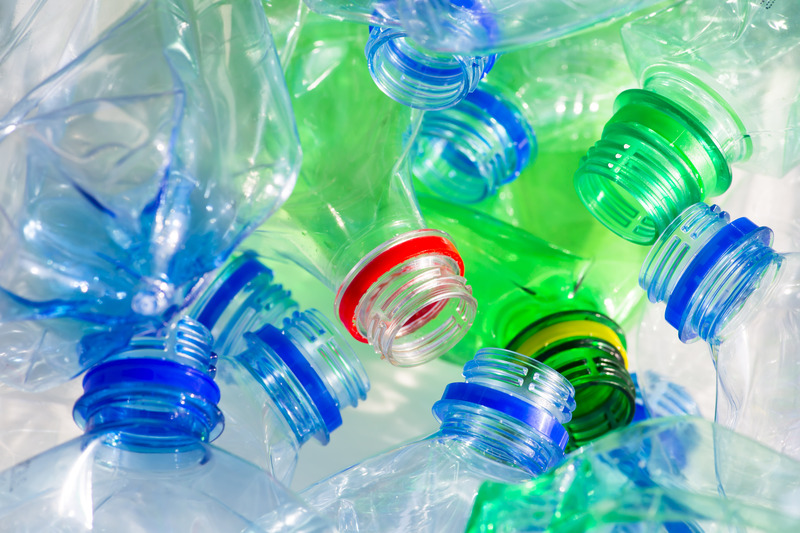Effective Hard Rubbish Disposal: What to Know
Hard rubbish disposal is a crucial aspect of maintaining clean and sustainable communities. With the rise in urban populations and consumerism, effectively managing large waste items has never been more vital. This comprehensive guide will offer insights into responsible hard waste management, providing you with all necessary information to ensure eco-friendly and efficient disposal.
Understanding Hard Rubbish
Hard rubbish or hard waste refers to bulky items such as old furniture, mattresses, appliances, and electronic waste that cannot be tossed into regular bins. The disposal of these items demands a structured approach due to their size, material complexity, and potential impact on the environment.
Why Proper Disposal Matters
Improper disposal of hard rubbish can lead to negative environmental impacts. By understanding the importance of correct disposal practices, you can contribute to reducing landfill waste, minimizing the emission of harmful substances, and promoting the recycling of materials.

Steps for Effective Hard Waste Disposal
1. Identify Hard Waste Items
Before disposing of your items, assess what constitutes hard rubbish. Common examples include:
- Furniture (couches, chairs, tables)
- Large appliances (refrigerators, ovens)
- Mattresses and bed frames
- Carpets and rugs
- Electronic waste (computers, televisions)
2. Check Local Council Guidelines
Most regions offer specific services or guidelines on how to dispose of hard waste responsibly. Be sure to review the local regulations to understand:
- Pickup schedules
- Drop-off points
- Municipal recycling facilities
Many councils provide annual curbside hard waste collections, making it convenient for residents to manage their bulky waste.
3. Consider Donating or Selling Usable Items
Before sending items to the curb, consider whether they can be reused or repurposed. Organizations like charity shops, second-hand stores, and online marketplaces can assist in giving a second life to your unwanted goods. This reduces waste and benefits others in need.
4. Explore Recycling Options
Recycling is a potent option for responsible hard rubbish disposal. Many materials from items like electronic waste and old furniture can be recycled into new products. Look for specialized recycling centers or services that handle such items.
5. Hire a Professional Hard Rubbish Removal Service
For those with limited time or resources, hiring removal services can be an efficient solution. Ensure that you choose a service provider committed to eco-friendly practices, ensuring that your hard rubbish is disposed of or recycled responsibly.
Environmental and Community Benefits
Reducing Landfill Impact
Effective hard waste disposal helps in minimizing the strain on local landfills. By ensuring that reusable items are repurposed and recyclable materials are processed correctly, you contribute to long-term environmental conservation.
Enhancing Community Quality of Life
Proper disposal of hard waste maintains the visual appeal and health standards of communities. By adhering to local guidelines and promoting recovery processes, neighborhoods remain clean, safe, and visually appealing.

Challenges and Solutions in Hard Rubbish Disposal
Dealing with Hazardous Components
Items like electronic waste and certain appliances contain potentially hazardous substances. Proper handling and disposal are critical to prevent environmental contamination and health risks. Always seek advice from waste management professionals on how to handle such components safely.
Handling Large Quantities
Managing large volumes of hard waste can be challenging. To mitigate this, consider organizing communal clean-up events or collaborating with neighbors to consolidate disposal efforts, making the process more efficient and cost-effective.
Conclusion
Responsible hard rubbish disposal is vital for environmental protection and community wellbeing. By following local guidelines, entertaining recycling possibilities, and opting for professional services when necessary, you can ensure that your waste management practices are both eco-efficient and effective.
Start today by assessing your hard waste and implementing these strategies to contribute to a cleaner, greener future.